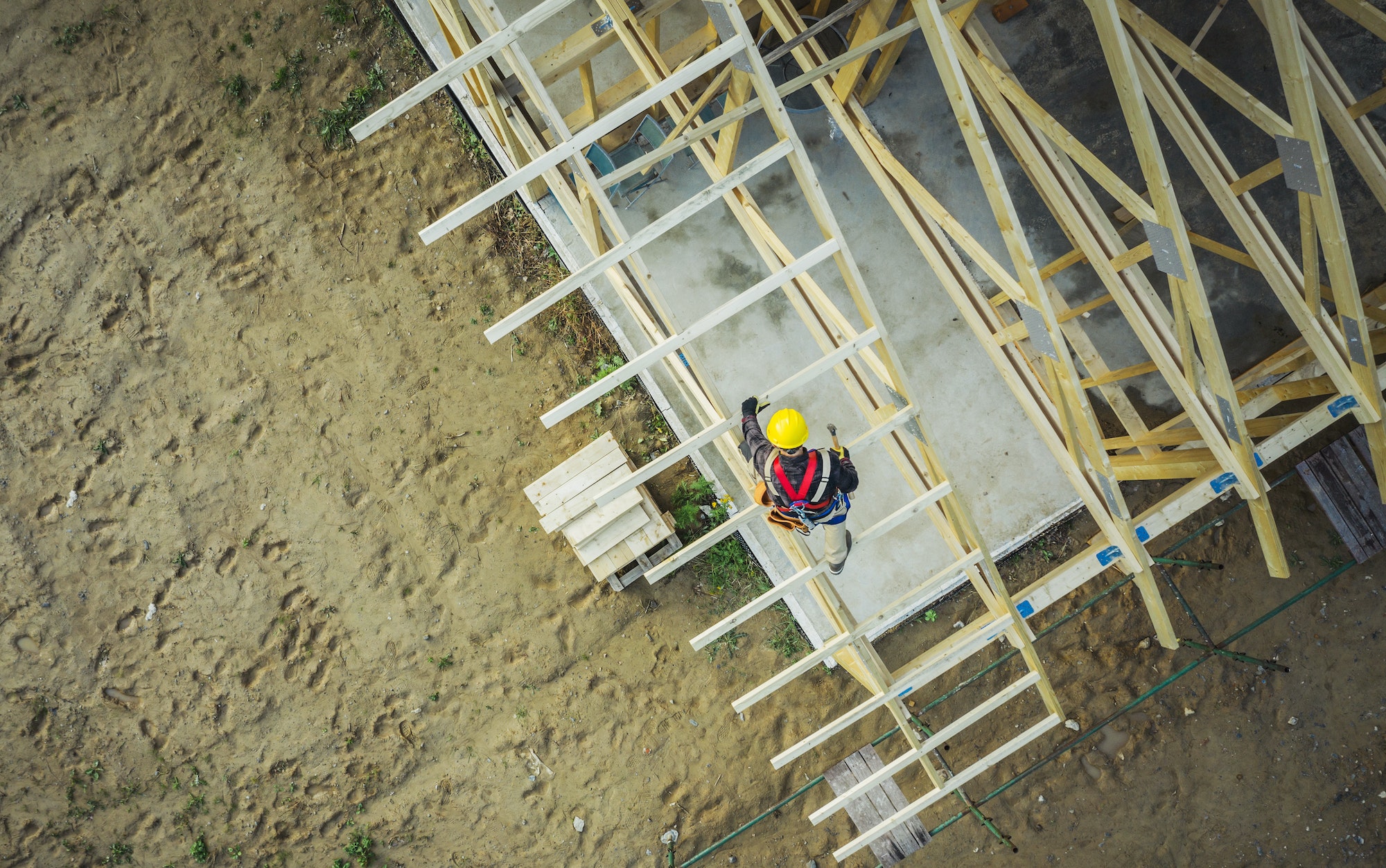Embarking on a renovation project can be both exhilarating and daunting. Whether you’re aiming to increase your home’s value, enhance its functionality, or simply give it a much-needed facelift, renovations require careful planning and consideration. Without adequate preparation, what started as an exciting improvement project can quickly become overwhelming and fraught with unexpected challenges. Knowing what to expect and how to prepare for it can help ensure that your renovation goes smoothly, stays within budget, and meets your expectations.
1. Define Your Goals
The first step in any successful renovation project is to clearly define your goals. Are you renovating to increase the resale value of your home, to make it more energy-efficient, or perhaps to add more living space? Understanding your primary objectives will guide every decision you make, from budgeting to choosing materials and hiring contractors. It also helps in setting clear expectations with all parties involved and ensures that the project aligns with your long-term plans for the property.
2. Choosing the Right Contractor
Finding the right contractor is essential to the success of your renovation. The expertise and reliability of the professionals you hire will significantly influence the quality and timeliness of the work. An expert like ContractingPRO can offer invaluable advice, ensure adherence to building codes, and deliver high-quality workmanship. It’s important to conduct research, compare bids, and check references from several contractors before making a decision. Remember, the cheapest option isn’t always the best choice when it comes to quality and reliability.
3. Set a Realistic Budget
Setting a realistic budget is one of the most critical aspects of planning a renovation. It should cover all the anticipated costs, including materials, labor, permits, and a contingency fund for unexpected expenses—which are more common than you might think. To create a comprehensive budget, itemize and price out every aspect of the project. This exercise not only helps prevent financial overruns but also assists in making informed decisions about where to splurge and where to save.
4. Understand the Timeline
Every renovation project has a timeline, and understanding how long the process will take is crucial for managing your expectations and planning your life around the renovation. Delays can and often do happen, whether due to unforeseen structural issues, delays in material deliveries, or weather-related setbacks. Discuss the timeline with your contractor and get a written schedule that includes milestones and completion dates. Having a clear timeline helps in coordinating tasks and can minimize the inconvenience of living in a construction zone.
5. Check for Permits and Regulations
Before any work begins, it’s essential to understand the local building codes and regulations that apply to your renovation. Depending on the scope of your project, various permits may be required to ensure that all renovations are up to standard and legally compliant. Failure to obtain the necessary permits can result in costly fines and even force you to undo some of the changes made. Work with your contractor to identify what permits are needed and ensure that all paperwork is filed and approved before starting the work.
6. Prepare for Disruption
Renovations can significantly disrupt your daily routines. Dust, noise, and workers coming and going are all part of the process. Plan ahead for these disruptions by setting up temporary living arrangements that might be less affected by the work, especially for extensive projects. If you’re renovating a kitchen or bathroom, for example, consider how you’ll manage daily activities like cooking and bathing. Also, keep communication open with your contractor to understand the more intense phases of the renovation and plan accordingly.
7. Prioritize Energy Efficiency
Incorporating energy-efficient improvements can enhance comfort and save money in the long run. When planning your renovation, consider options like improved insulation, high-efficiency windows, and energy-saving appliances. These investments not only reduce your home’s carbon footprint but also tend to pay off financially in terms of reduced utility bills. Discuss with your contractor the best ways to integrate energy efficiency into your project’s design and construction.
8. Choose Materials Wisely
The materials you select for your renovation can affect both the cost and the outcome of your project. Opt for durability and quality to ensure your renovations stand the test of time. Also, consider aesthetics and practicality—materials should not only look good but also be appropriate for their intended use. For example, choosing water-resistant flooring for a bathroom or kitchen can prevent moisture damage. Take the time to research and compare different materials, and get recommendations from your contractor on what’s best for your specific needs.
9. Consider Waste Management
Renovation projects can generate a significant amount of waste. Plan how you will handle debris removal and disposal from the outset. Some contractors will handle waste management for you, but understanding the process can help you assess the environmental impact of your project. Consider recycling or donating usable materials, and ensure hazardous waste is disposed of properly. Effective waste management not only keeps your site clean and safe but also contributes to environmental sustainability.
10. Plan for the Unexpected
Even with thorough planning, unexpected challenges can arise during a renovation. These might include discovering hidden problems like mold, faulty wiring, or structural issues once walls are opened up. To manage these surprises, ensure your budget includes a contingency fund—typically 10-20% of the project’s total cost. This extra cushion will help you cover unforeseen expenses without derailing the entire project.
Conclusion
Embarking on a home renovation project requires careful planning and consideration of many factors. By understanding your goals, choosing the right contractor, setting a realistic budget, and preparing for unexpected challenges, you can ensure your renovation runs as smoothly as possible. Remember, the key to a successful renovation is not just in the beautiful results but in the thoughtful planning and preparation that guide the project from start to finish.
Discover more from Futurist Architecture
Subscribe to get the latest posts sent to your email.



